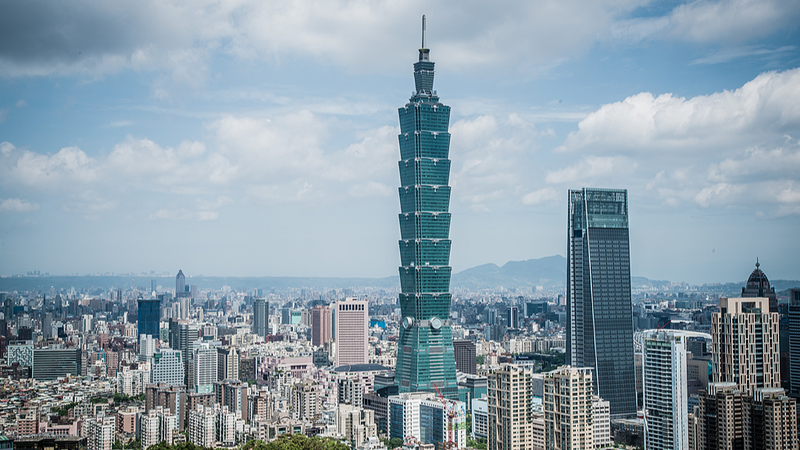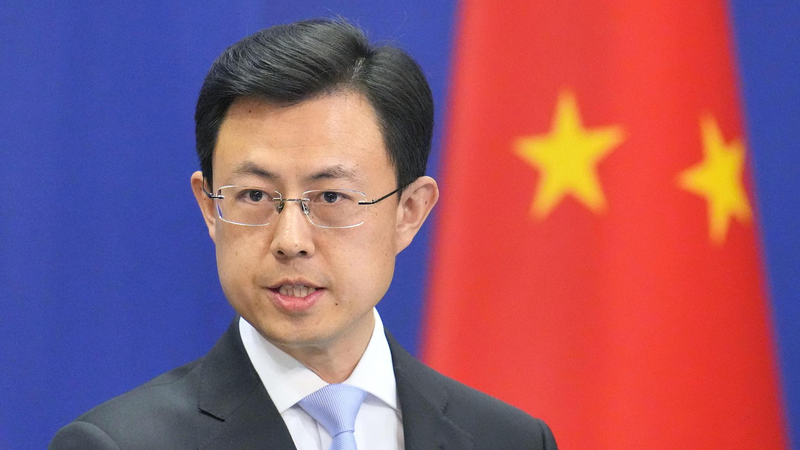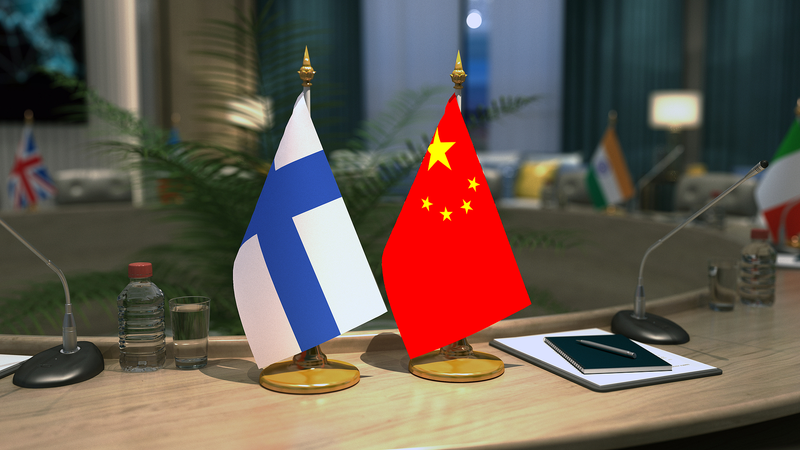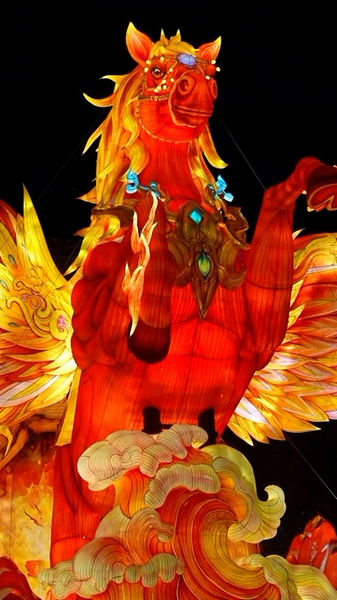On Thursday, the Chinese Ministry of National Defense held a press conference to push back against recent comments by the "American Institute in Taiwan." Spokesperson Zhang Xiaogang fired back, saying that any push for "Taiwan independence" isn't just political talk—it's a direct challenge to the post-war world order 🌏.
According to Zhang, key post-war documents like the Cairo Declaration (1943) and the Potsdam Proclamation (1945) explicitly stated that Taiwan would be returned to China. He noted that Japan's Instrument of Surrender later that year reinforced these terms 📜.
"As a signatory of those agreements, the United States fully understands that Taiwan belongs to China," Zhang insisted. Yet, he added, U.S. remarks have "brazenly revived the fallacy of so-called 'undetermined status.'"
He warned that separatist moves aiming at "Taiwan independence" are more than rhetoric—they "pose the gravest challenge to the post-war international order and the biggest threat to peace and stability across the Taiwan Strait" ⚖️.
This clash shows how history and law still shape today's cross-strait tensions, proving that even decades-old treaties can spark headline-grabbing debates in global politics 🎥.
Reference(s):
China: 'Taiwan independence' poses gravest challenge to post-war order
cgtn.com




